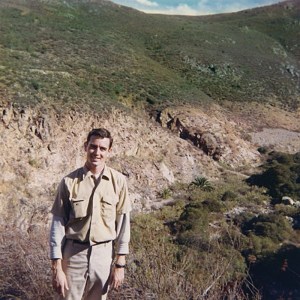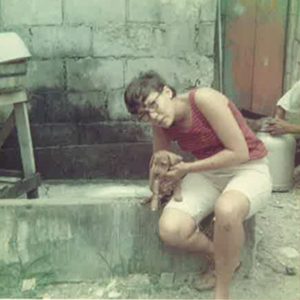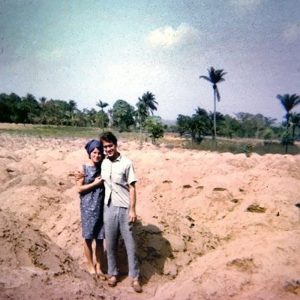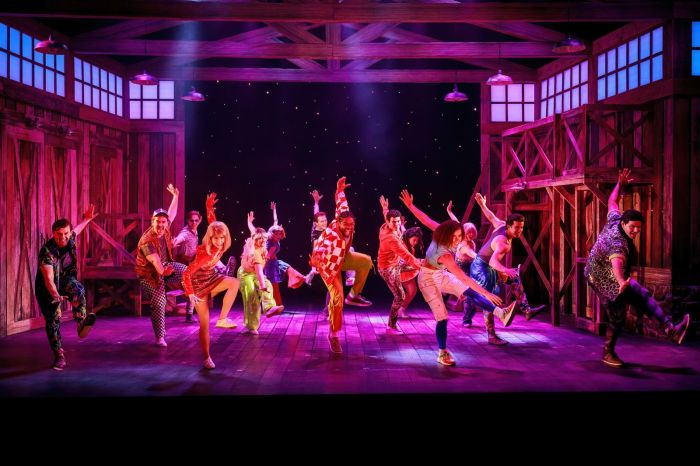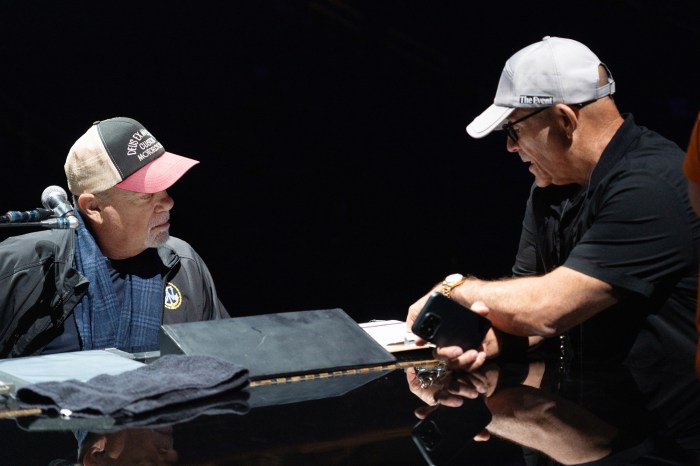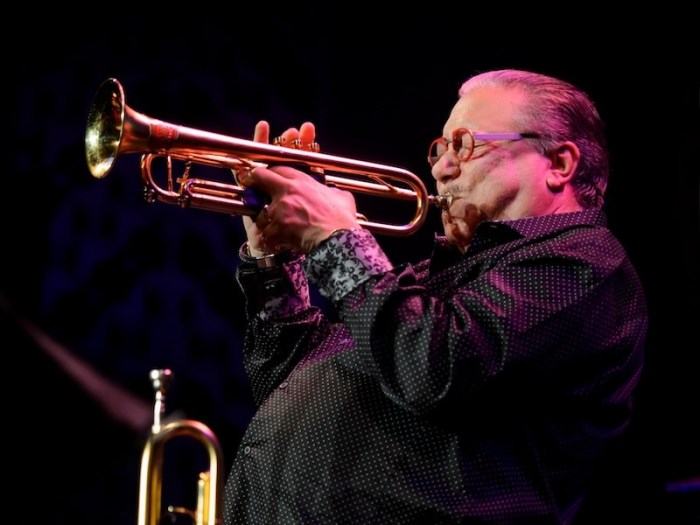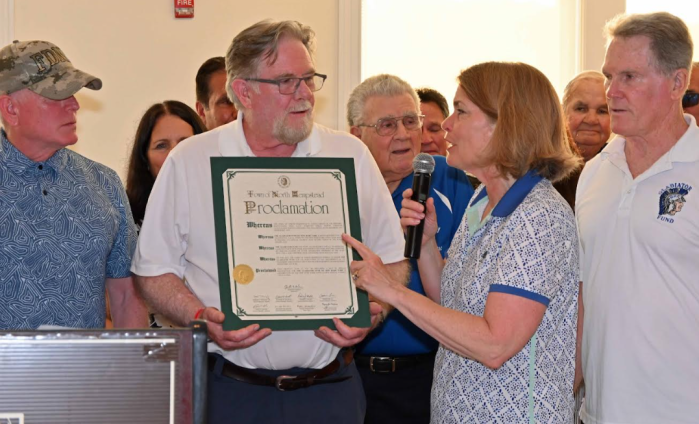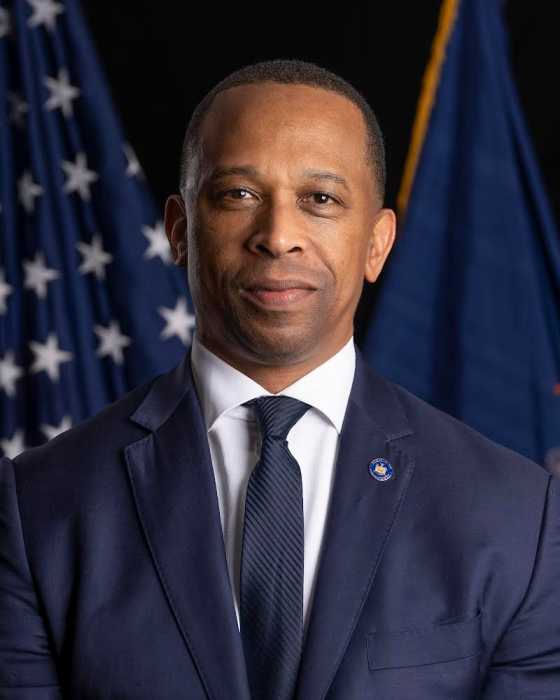
Thank you, John Fitzgerald Kennedy. Thank you for creating the Peace Corps and giving thousands of young Americans, me included, the opportunity to get out into the world.
As we approach the 100th anniversary of the birth of JFK on May 29th, many Long Islanders who are members of Returned Peace Corps Volunteers of LI and came of age in the 1960s are recalling the profound effect Kennedy had on our lives. We were attracted to the adventure and romance that the Peace Corps offered and Kennedy’s powerful challenge to “Ask not what your country can do for you, ask what you can do for your country” excited our idealism by encouraging us to do good in the world.
Rona Nachemin, of Hicksville, avidly took up the call to action.
“I would have followed Kennedy to the moon,” she said. “He was so upbeat and inspiring.”
In 1966 she heard Sargent Shriver (Kennedy’s brother-in-law) speak at Queens College where she was a student and immediately applied. When she didn’t hear back, she drove to the Peace Corps office in Washington; one month later she was training to go to Ecuador where she spent two years working in youth development.
“I came back much more tolerant and worldly and appreciative of the little things in life,” Nachemin added.
Upon returning, Nachemin spent her career teaching middle school Spanish.
Bill Reed, of Westbury, was a sophomore at Chaminade High School when Kennedy ran for the presidency.
“When he came out with the Peace Corps, it fit in with my desire to serve our country and act on my religious belief of service to others,” he said.
In 1967. Reed was accepted into a project in Lesotho and, like many of us, had to consult a world map to locate where he was going (it’s sovereign country located in South Africa). He recalls that in training, the staff called all of them in and said they needed people to be Primary School Upgraders, who would travel in their districts, be away from their towns, sleep on school floors and eat what the villagers ate. Any volunteers? Reed did not raise his hand.

“The next day they called in all those who did not raise our hands and chose us to be Upgraders,” he said. “They said the others did not know what they were getting into. It worked out well!!”
Retired from JP Morgan Chase, Reed is a founding member of the Theodore Roosevelt Legacy Partnership and the Greater Westbury Arts Council.
Some of the romance of the Peace Corps got very personal. Jerry Federlein said that after graduating from college in 1965 he didn’t have a clear career vision, but felt ready to do something unique and adventurous. Federlein said that as a first-generation American from an immigrant German-Jewish family, he was curious about different cultures. He was assigned to Nigeria where he worked as a rural development officer developing community farms within a province of 1,000 square miles. It was there that he met Nancy who was working with the British equivalent of the Peace Corps and teaching science. They were assigned to Eastern Nigeria, later to become Biafra.
“We lived and worked through countless political crises,” said Federlein and his Peace Corps group was amongst the last Americans to be evacuated in June of 1967. Federlein traveled the globe for Citibank and then worked on international development projects in West Africa and Bangladesh. The Federleins have lived in Port Washington for 37 years where they are active in community programs such as Landmark on Main Street and Port Washington Community Chest.
“Once a volunteer, always a volunteer,” said Federlein.
In 1965, a Peace Corps recruiter came to Brooklyn College where Bette Williams and Bob Bass were juniors, he majoring in math and she in biology. They were planning to get married and thought a perfect choice would be to join the Peace Crops right after graduation.
“I had been devastated after the assassination of Kennedy and we both felt we really had to do this,” said Williams. “How am I going to tell my children that I didn’t do this?”

While still in college, they were accepted into an advanced training program for Ethiopia and were sent to UCLA for six weeks of training between their junior and senior year. After graduation came five more weeks of training and in 1966 they arrive in Ethiopia where there was more training at a teachers’ college. Williams said that one of the high points of that time was when Haile Selassie visited the school.
They taught in Ethiopia for three years and returned to the U.S., eventually moving to Massapequa and raising a family. Bass died 16 years ago and Williams has continued to be involved in the community, volunteering at the Interfaith Nutrition Network and now working as an outdoor educator with Nassau BOCES.
In 2012, Williams traveled to Ethiopia. She was heartened to see that the community library that she helped build during her Peace Corps years is still flourishing.
Arthur Dobrin, my then fiancé (and husband since 1964) called me about the Peace Corps recruiter he had heard at CCNY where he was a student.
“Let’s do it,” he said. I readily agreed, eager to get out of New Jersey and see what the world had to offer. In 1965 we went to Kenya to work with farmers cooperatives.
Kenya feels like a second home (to Westbury, where we’ve lived for 48 years), a place where I gave birth to our son, who eventually married a woman from Kenya, where we lived again for five months in the ’70s with our two children, where we led human service trips for American social workers.
We learned many things from our Peace Corps experience: even though we had little money in the bank, we were rich Americans and privileged, that there was a difference between wanting and needing, and that people of different races, religions and cultures can be good friends.
We are forever grateful to President Kennedy for his challenge to go out and change the world. It changed us!




